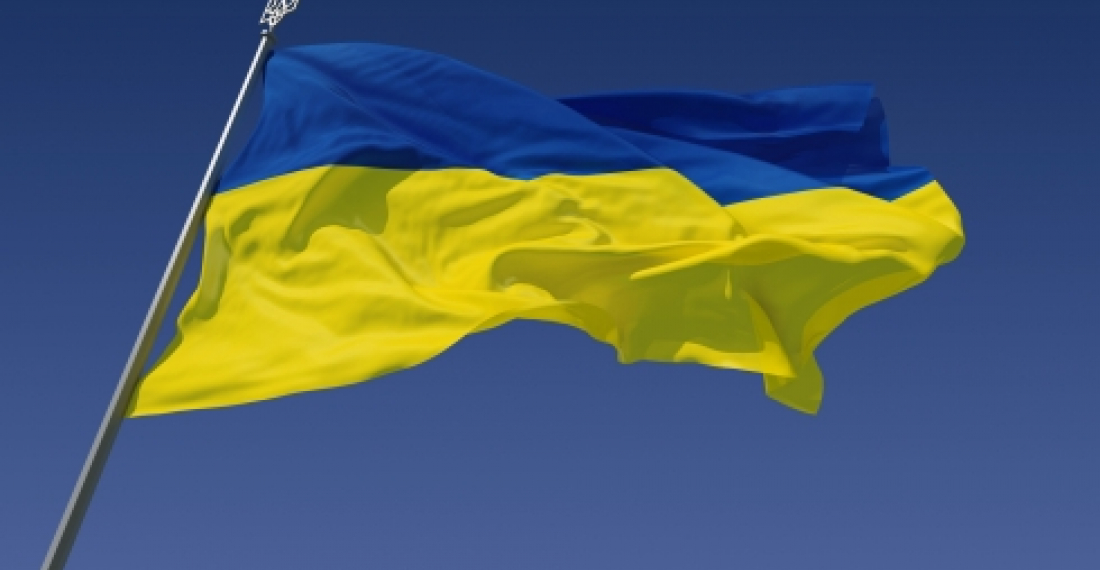US President Barak Obama has led a chorus of world leaders calling for Russia to back off from its aggression against Ukraine. Obama spoke for ninety minutes with Russian President Putin on Saturday, on the phone from the White House. An unusually detailed read out of the telephone conversation by the White House said that the US President called on Putin to withdraw his forces back to their bases in Crimea and to pursue any legitimate concerns with Ukraine through international organisations.
There has been mounting international concern about the crisis in Ukraine and a feeling in global diplomatic and political circles that Russia has broken all the norms of international law and diplomatic practise by violating the territorial integrity of a neighbouring and sovereign European country without any provocation. There is concern that Russia through its action had not only violated Ukraine, but had also done considerable harm to the international system.
Western leaders are under increasing pressure from their own constituencies to give a firm response to the Russian aggression.
The North Atlantic Council, the political leadership of NATO met in emergency session Brussels this morning. Before the meeting the Secretary General of NATO, Anders Fogh Rasmussen harshly criticised Russian action, stating:
“What Russia is doing now in Ukraine violates the principles of the United Nations Charter. It threatens peace and security in Europe. Russia must stop its military activities and its threats.
Today we will discuss their implications, for European peace and security, and for NATO's relationship with Russia. Afterwards, we will meet in the NATO-Ukraine Commission.
We support Ukraine’s territorial integrity and sovereignty. We support the right of the people of Ukraine to determine their own future without outside interference. And we emphasise the need for Ukraine to continue to uphold the democratic rights of all people and ensure that minority rights are protected.”
Switzerland, which currently holds the chairmanship of the OSCE has convened an urgent meeting of the Permanent Council for this evening in Vienna and EU Foreign Ministers will meet on Monday in Brussels.
In the South Caucasus where there is very broad sympathy for Ukraine amongst the local populations there has been no comment so far on the situation Ukraine by the governments of Armenia and Azerbaijan. The Georgian government has however issued a statement fully supporting Ukraine and criticising Russian action.
source: commonspace.eu







